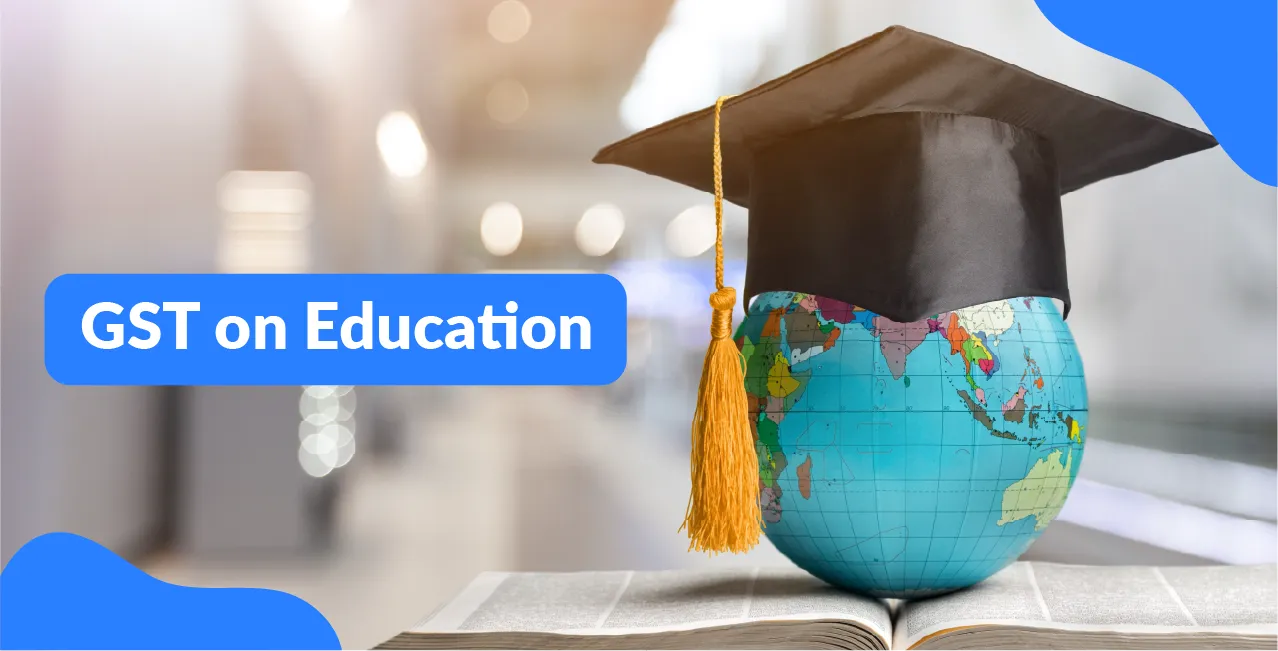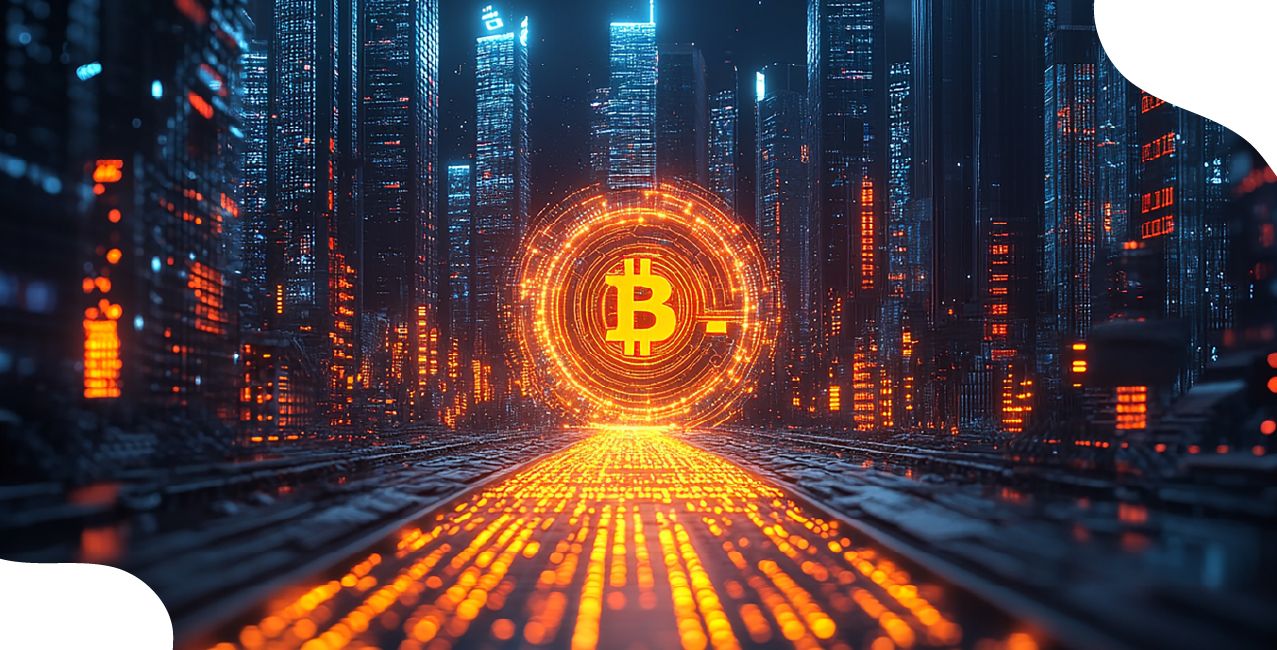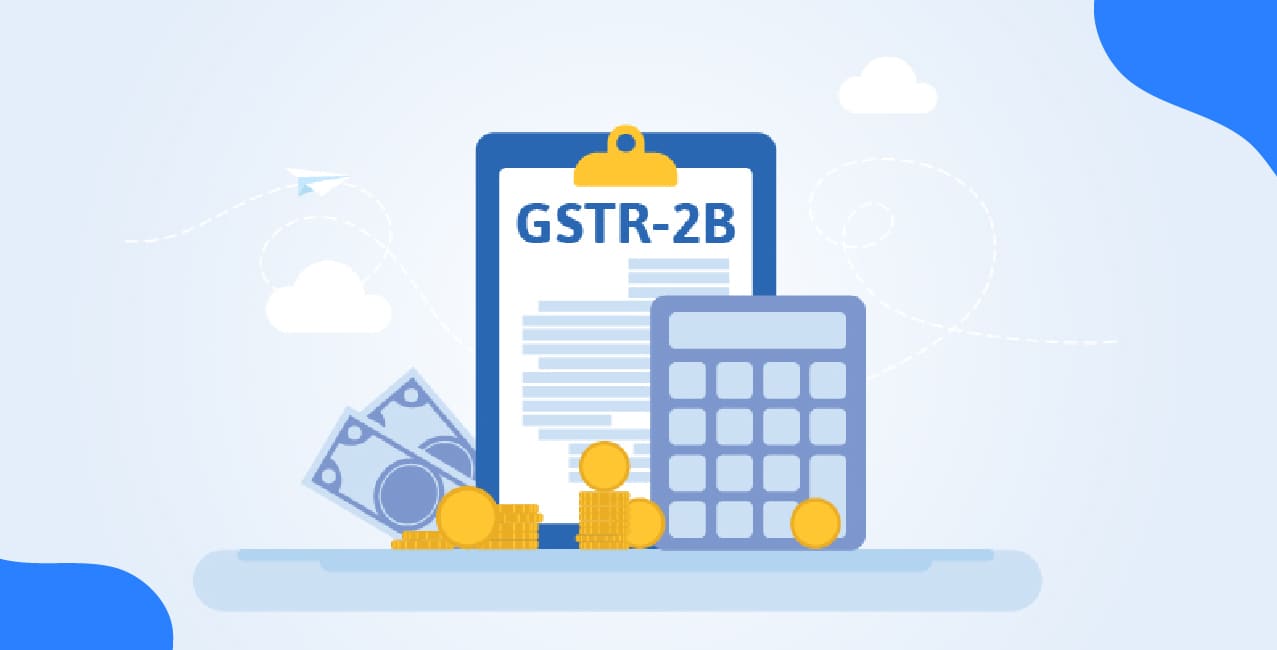GST on Education – What’s Taxable and What’s Exempt?

Check Your Loan Eligibility Now
By continuing, you agree to LoansJagat's Credit Report Terms of Use, Terms and Conditions, Privacy Policy, and authorize contact via Call, SMS, Email, or WhatsApp
For her MBA, Anushka was accepted to a private university. The yearly tuition charge is ₹2,00,000. The 18% GST on the fee, however, shocked her.
- Tuition Fee (2 years): ₹4,00,000
- GST @18%: ₹72,000
- Total Payable: ₹4,72,000
She hadn’t expected to pay nearly ₹75,000 extra just in tax.
According to GST Notification No. 11/2017-Central Tax (Rate), private institutions' higher education is not free from GST, but school education is. The tax that was meant to "simplify" the system made Anushka's dream seem less possible.
GST on Education Services: An Overview
In India, the Goods and Services Tax (GST) framework distinguishes between educational services that are exempt from tax and those that are taxable, based on the nature of the service provided.
What Education Services Are Taxable?
In India, the Goods and Services Tax (GST) applies an 18% tax rate to certain educational services that are not exempt under GST laws. These services are classified under the Service Accounting Code (SAC) 9992.
Note: GST is applicable only when these services are provided by entities not falling under the category of "educational institutions" as defined under GST Notification No. 12/2017-Central Tax (Rate).
Exemptions Under GST for Educational Services
The following services are exempt from GST under Entry 66 of the notification:
- Educational Services Provided by Educational Institutions: Services rendered by an educational institution to its students, faculty, and staff are exempt from GST.
- Conduct of Entrance Examinations: Services provided by an educational institution in conducting entrance examinations against consideration in the form of entrance fees are exempt.
- Ancillary Services Provided by Educational Institutions: Services such as transportation, catering (including mid-day meals), security, cleaning, or housekeeping services performed in educational institutions are exempt, provided the institution offers preschool education and education up to higher secondary school or equivalent.
Example: School Admission Process
Read More - Different Types of Loans
Consider a scenario where a student is seeking admission to a recognised school:
- Admission Fee: ₹10,000
- Entrance Examination Fee: ₹500
- Application Fee: ₹200
- Issuance of Eligibility Certificate: ₹100
- Issuance of Migration Certificate: ₹300
In this case, all the above fees are exempt from GST as they pertain to services provided by an educational institution to its students. The exemption applies to admission, entrance examination, application, eligibility certificate issuance, and migration certificate issuance.
Important Considerations
- Definition of Educational Institution: An educational institution is defined as an institution providing services by way of pre-school education and education up to higher secondary school or equivalent; education as part of a curriculum for obtaining a qualification recognised by any law for the time being in force; or education as part of an approved vocational education course.
- Exemption Scope: The exemptions apply only to services provided by educational institutions that meet the above definition.
Recent Developments and Exemptions
Implications for Students and Educational Institutions
Implications for Students:
- Higher Education Cost Increase: Private colleges and deemed universities charge 18% GST on tuition and other fees if not exempt.
Example:- Tuition Fee: ₹1,00,000
- GST @18%: ₹18,000
- Total Payable: ₹1,18,000
- Coaching and Skill Courses: Students preparing for competitive exams (like JEE/NEET) through private coaching centres pay 18% GST.
Example:- Coaching Fee: ₹60,000
- GST @18%: ₹10,800
- Total Cost: ₹70,800
- Online Learning Burden: Online certifications and non-degree programs attract GST, making e-learning less affordable for some.
Also Read – Take Education Loan in India
Implications for Educational Institutions:
- Operational Cost Rise: GST is applicable on ancillary services such as transport, catering, and hostel (if not exempt), increasing operational expenses.
- Compliance and Filing: Institutions providing taxable services must register for GST, file returns, and maintain tax compliance, adding administrative overhead.
- Limited Input Tax Credit (ITC): Most educational institutions (especially exempt ones) cannot claim ITC on GST paid for input services like IT, maintenance, etc., increasing effective costs.
Note:
- Students face increased costs for higher education, coaching, and skill development programs due to the 18% GST.
- Institutions bear administrative and financial burdens unless fully exempt.
- The GST framework, while promoting tax uniformity, requires careful policy balance to ensure education remains accessible and affordable.
Conclusion
By imposing private coaching and higher education while exempting basic educational services, the GST on education strikes a balance between tax income and social welfare, which affects the expenses for both students and institutions.
Faqs
Q. Is GST applicable on school tuition fees?
No, tuition fees up to higher secondary level are exempt from GST.
Q. Do coaching classes attract GST?
Yes, private coaching classes for competitive exams attract 18% GST.
Q. Is GST charged on hostel accommodation?
Hostel accommodation is exempt if charges are ≤ ₹20,000/month and the stay is 90 days or more.
Q. Are online education services taxable under GST?
Yes, GST applies to many online courses unless provided by recognised institutions.
Other Important GST Pages | ||||
About the author

LoansJagat Team
Contributor‘Simplify Finance for Everyone.’ This is the common goal of our team, as we try to explain any topic with relatable examples. From personal to business finance, managing EMIs to becoming debt-free, we do extensive research on each and every parameter, so you don’t have to. Scroll up and have a look at what 15+ years of experience in the BFSI sector looks like.
Subscribe Now
Related Blog Post
Recent Blogs
All Topics
Contents
Quick Apply Loan
Consolidate your debts into one easy EMI.
Takes less than 2 minutes. No paperwork.
10 Lakhs+
Trusted Customers
2000 Cr+
Loans Disbursed
4.7/5
Google Reviews
20+
Banks & NBFCs Offers
Other services mentioned in this article








